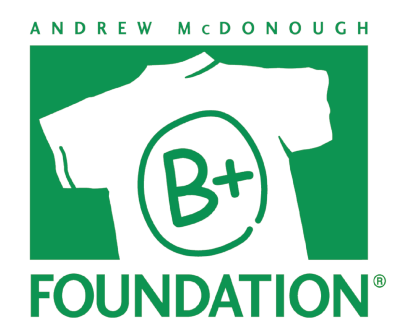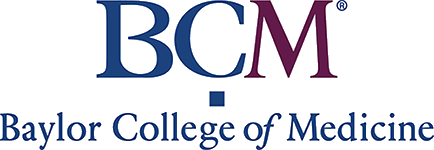Therapeutic targeting of CDK12/13 and PARP in H3G34RN mutant pediatric glioma
Dr. Jamie Anastas, Ph.D. – Baylor College of Medicine, Houston, TX
One common feature of pediatric brain tumors is the excessive activation of genes that promote the survival and proliferation of the brain cancer cells. A major goal of this research is to identify therapeutic targets to dampen this excessive activation of genes as a strategy for reducing pediatric brain tumor growth. We are pursuing two candidate therapeutic targets called CDK12 and 13 in H3G34R/V mutant pediatric high grade glioma, which are a particularly deadly form of childhood glioma. Currently, there are no drugs are specifically designed to treat children diagnosed with these H3G34R/V mutant glioma. Our preliminary studies indicate that H3G34R/V mutant pediatric brain tumor cells are more sensitive to drugs inhibiting two regulators of cancer gene activation called CDK12 and 13 than normal cells. This finding suggests that these drugs might be used as a treatment for brain tumors. We will determine how CDK12 and 13 regulate pediatric brain tumor growth and unravel roles for CDK12/13 in activating brain tumor-promoting genes. Our further studies will focus on using mouse models of glioma to develop multi-drug combinations of CDK12/13 inhibitors and other drugs under investigation for cancer treatment. This research may lead to new approaches for treating childhood brain tumors with no cure by increasing our understanding of how CDK12/13 might promote brain tumor growth on a mechanistic level, and through the development of CDK12 and 13-targeting combination therapies.

